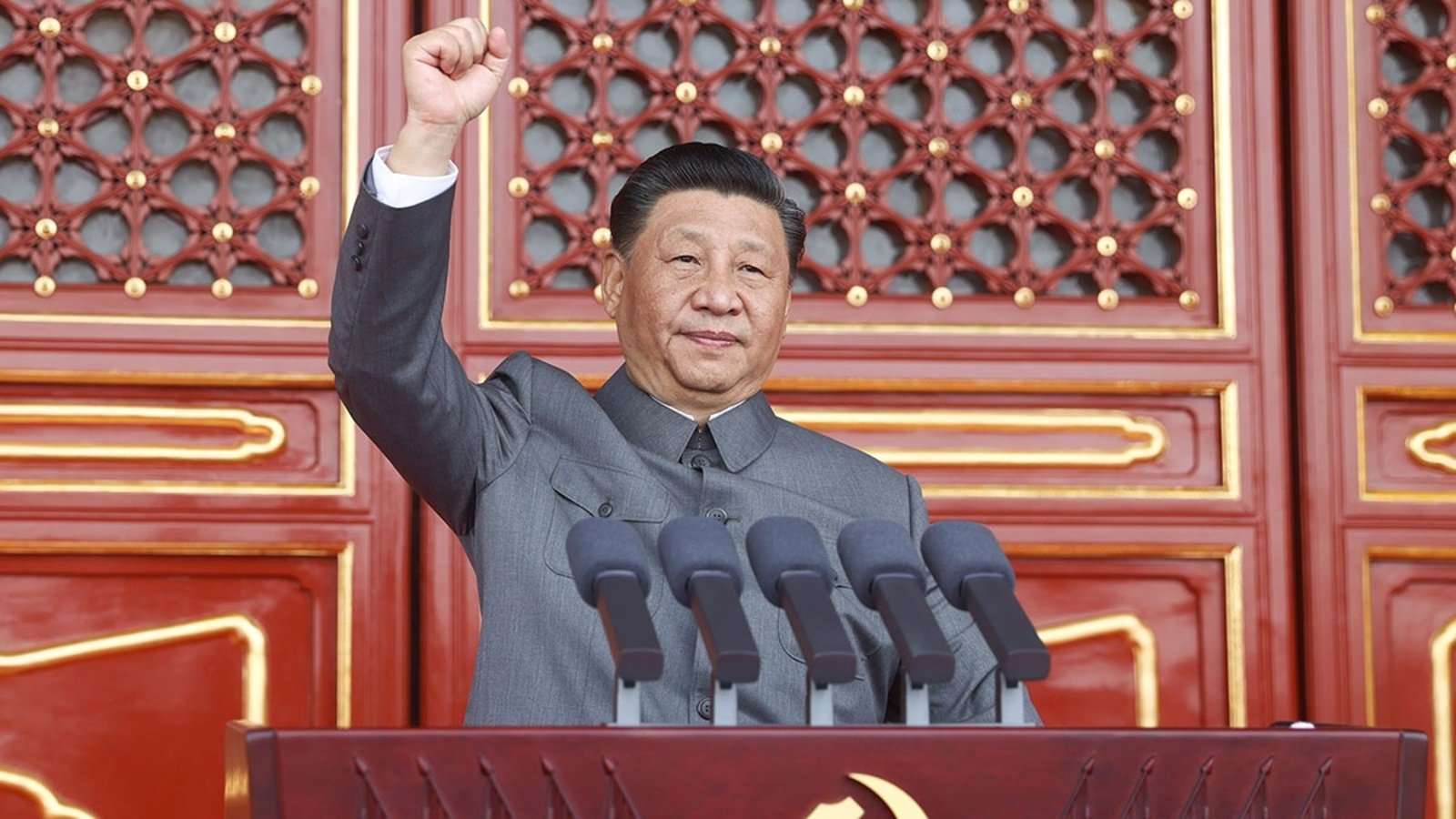China Expands Global Security Influence with Plan to Train 3,000 Foreign Officers

Lianyungang, China – China is making strides in expanding its global security influence through its Global Security Initiative (GSI). At the 2024 Global Public Security Cooperation Forum in Lianyungang, China's public security minister Wang Xiaohong announced an ambitious plan to train 3,000 foreign law enforcement officials over the next year. This move is part of a broader strategy aimed at enhancing China's role as a global security provider and safeguarding its overseas investments, particularly those tied to the Belt and Road Initiative (BRI).
The GSI, introduced by President Xi Jinping in 2022, seeks to promote international security cooperation by building a “global public security community.” China has already trained 2,700 officers in the past year and continues to broker high-level security agreements with developing countries in Africa and the Indo-Pacific region. At this year’s forum, which drew over 2,100 participants from 122 countries, China emphasized joint security efforts and law enforcement capacity-building, with a particular focus on addressing cross-border crimes such as drug trafficking, telecom fraud, and threats to infrastructure projects.
Wang also confirmed that China will send police consultants and operational units abroad, solidifying China's growing presence in global law enforcement. The GSI has received significant praise from several countries, with Malaysian Deputy Prime Minister Ahmad Zahid lauding it as a vital mechanism for strengthening international security cooperation. At the event, Interpol President Ahmed Naser Al Raisi also highlighted China’s critical role in global security efforts, particularly through Operation First Light 2024, a worldwide initiative aimed at tackling online scam networks.
China’s efforts have not been without controversy. Critics argue that the training programs may teach authoritarian methods to law enforcement in developing nations, particularly in Africa, where China has substantial investments under the BRI. Despite these concerns, China continues to expand its influence through security agreements, such as its 2022 deal with the Solomon Islands, which has heightened Western apprehensions about China’s rising clout in the Pacific.
China’s GSI, which includes a pledge to train 5,000 law enforcement professionals over the next five years, is seen as a direct challenge to the US-led security order. Analysts believe this growing network will create significant security challenges for the West, especially in the Indo-Pacific. The upcoming Quad summit in Washington on September 21 is expected to address these concerns, focusing on enhanced security cooperation to counter China’s expanding influence.
As Beijing continues to strengthen its presence in global security affairs, its GSI is poised to redefine the security landscape, particularly in developing nations, further cementing China’s role as a dominant player in the global order.




![From Kathmandu to the World: How Excel Students Are Winning Big [Admission Open]](https://nepalaaja.com/img/70194/medium/excel-college-info-eng-nep-2342.jpg)
